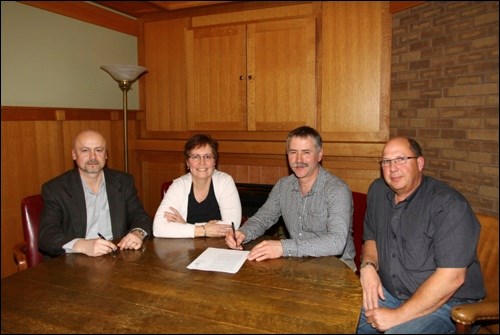The Redberry Lake Biosphere Reserve has announced it will be working with the School of Environment and Sustainability at the University of Saskatchewan to "expand the scope of research and education projects relating to the environment and sustainability sectors."
The Redberry Lake Biosphere reserve is one of 16 Canadian biosphere reserves and the only biosphere reserve in Saskatchewan. Located near Hafford, the area has a large migratory bird sanctuary and is home for nearly 200 species of animal, including nine endangered or threatened species. About 5,000 people treat the area as home, most of whom raise livestock.
Maureen Reed, acting director and professor at SENS, explained the university has a long history of working with Redberry Lake, but only now made the relationship formal by signing a memorandum of understanding.
"Formalizing this collaboration in a memorandum of understanding was the right step forward," she explained in a press release.
Among other things, the memorandum commits the university to offering regular field trips for students. Last year saw students go on a three-day hands-on training on field research methods and to meet the farmers, ranchers and other inhabitants of the biosphere reserve.
Andrew Hawrysh, the chair of RLBR explained that this sometimes leads to students returning for Master's and PhD work, something he described as a "wonderful side effect."
RLBR concluded by stating that the memorandum would "benefit both organizations, students and future research."




